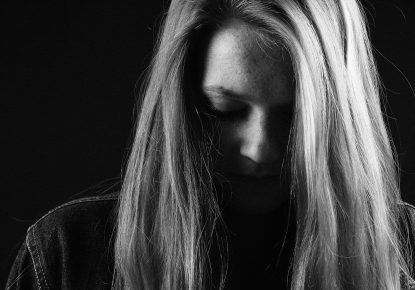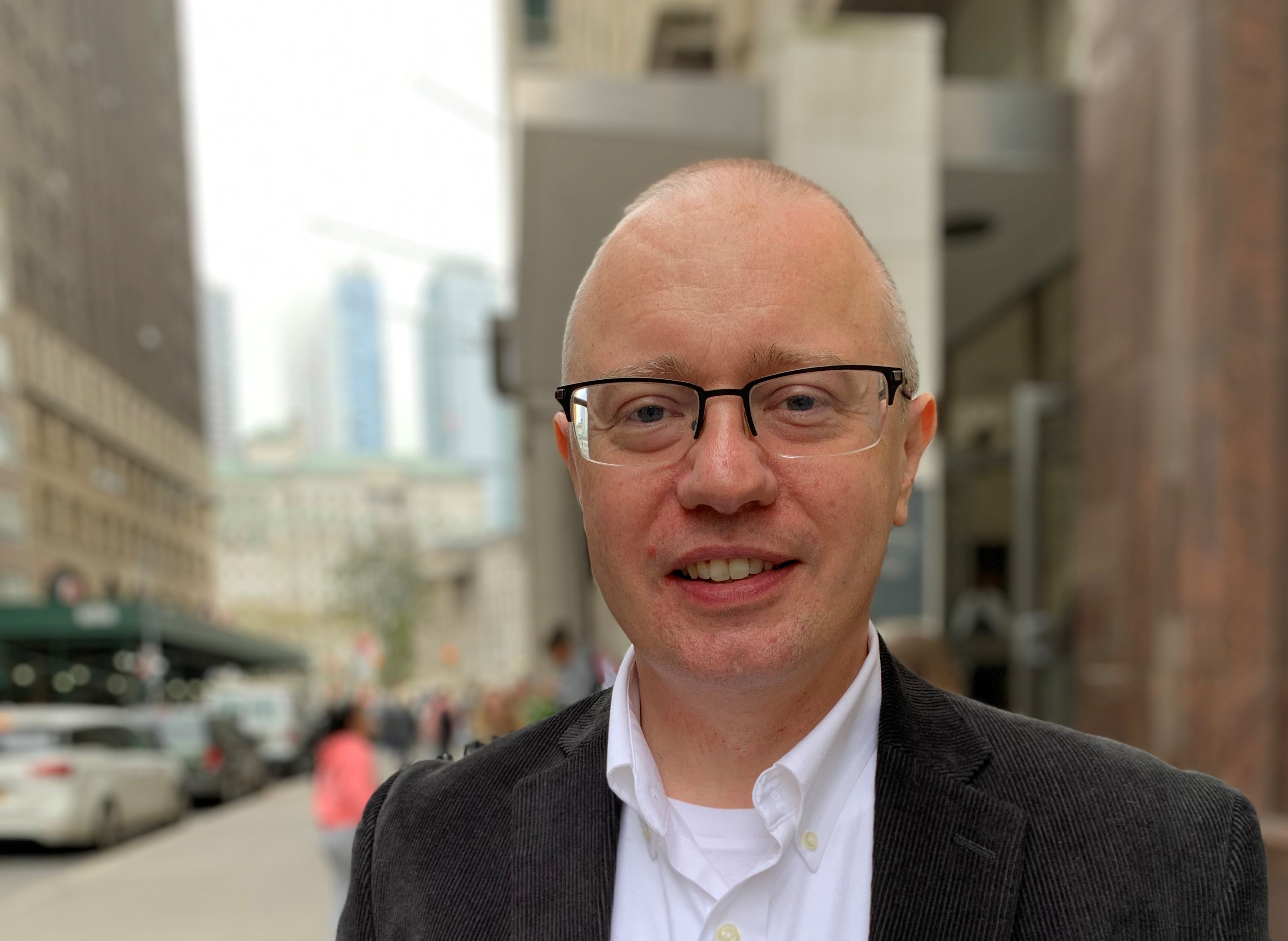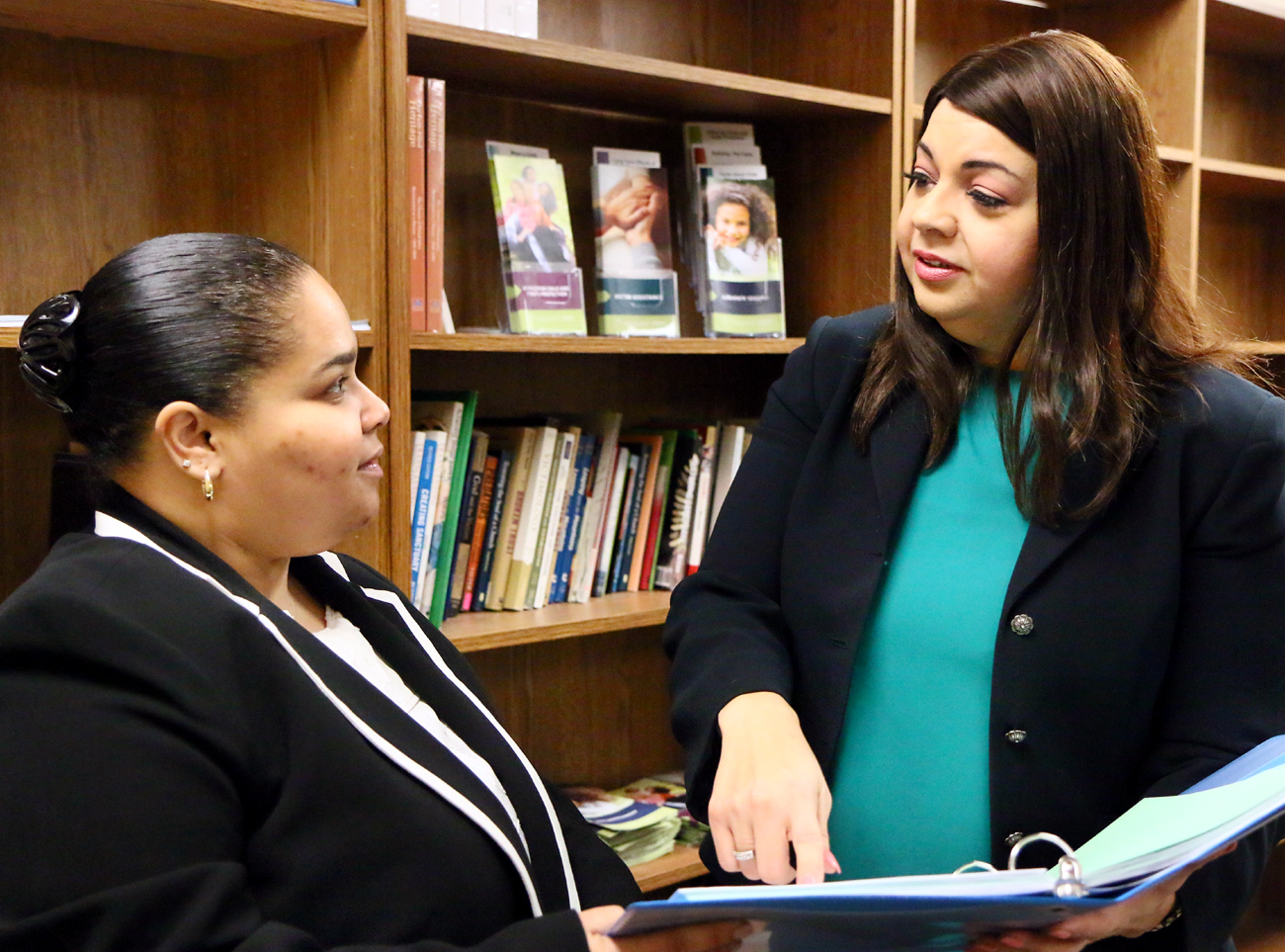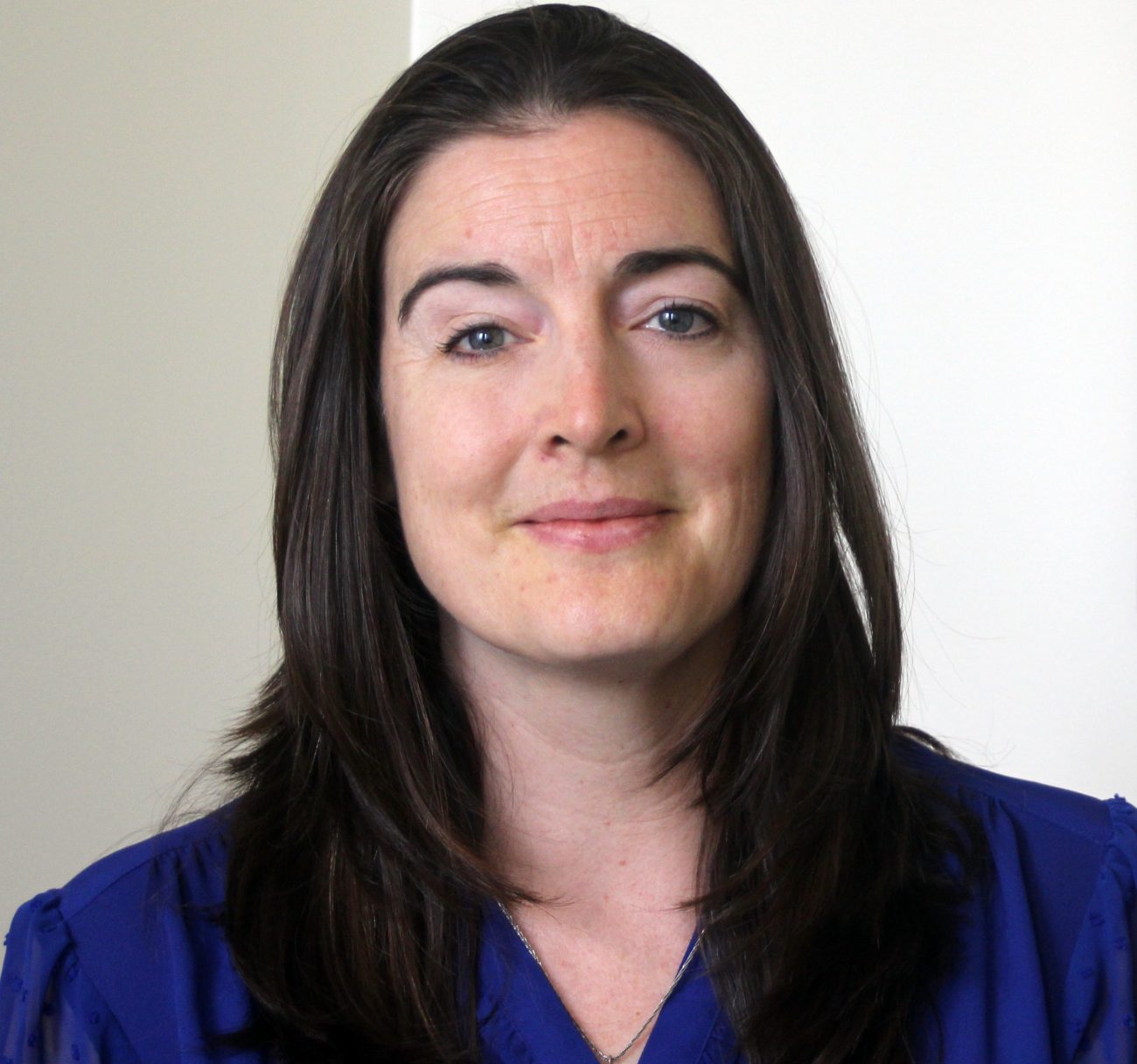
(Tereza Flachová / Pixabay)
The past two decades have been traumatic ones for the Archdiocese of Philadelphia, and for the Catholic Church as a whole. Waves of scandals, financial crises and closures of parishes and schools have battered the faithful, leaving many discouraged and disgusted.
In particular, the ongoing clerical sexual abuse crisis has profoundly wounded scores of victims within the archdiocese, while also scarring loved ones, counselors, advocates and rank-and-file Catholics.
Part of the task for Philadelphia’s Archbishop-elect Nelson Perez will be to identify and address the often hidden injuries of the body of Christ, including the indirect trauma that sexual violence and institutional betrayal can inflict on those who help abuse victims — as well as those who are simply trying to live out their faith in a changed and rapidly changing church.
[hotblock]
Ancient scandals, modern reforms
Although it’s been in the news headlines for some 20 years, sexual abuse within the church is far from new. Claims of clergy molesting children date back to the year 98 CE, according to canon lawyer Thomas P. Doyle, a former Dominican priest who has spent more than 30 years investigating some 1,000 cases worldwide.
“The Roman Catholic Church, the leadership, the bishops, the popes, have been well aware of this issue for the entire duration of the church’s existence,” Doyle said in a January 2019 media interview.
Church historian C. Colt Anderson of Fordham University observed in a 2004 journal article that “some of the worst and most widespread outbreaks (of clerical abuse) took place in the 11th, 12th, 14th and 15th centuries.”
Eleventh-century cardinal St. Peter Damian — named the church’s “Doctor of Reform” by Pope Leo XII in 1823 — specifically determined that “the root cause of systemic sexual abuse” lay with the bishops and their lack of accountability, according to Anderson.

Joel Warden, a clinical ethics consultant and scholar, says that safe environment programs and victim reparations alone cannot heal the broader wounds of clerical sexual abuse. (Photo courtesy of St. Francis College)
Ten centuries after Peter Damian warned Popes Leo IX and Nicholas II about the problem, reforms have begun to take shape, prompted by several scandals that emerged in the early 2000s.
In 2002, the United States Conference of Catholic Bishops formally adopted procedures for addressing clerical sexual abuse, and in 2019 Pope Francis issued norms that hold bishops themselves accountable for both acts of abuse and their concealment.
Dioceses, including the Archdiocese of Philadelphia, have created offices for child and youth protection. Background checks, safe environment training, prompt reporting of allegations, cooperation with civil authorities, victim reparations – all are now standard procedures for the Catholic Church in the U.S.
Wounds that lawyers can’t heal
But emotional pain follows its own protocol, and “no single safe environment initiative, training program or financial settlement will completely heal the ill caused by this spiritual harm,” said Joel Warden, a clinical ethics consultant at the Brooklyn Hospital Center.
Noting the devastating impact of sexual abuse, Warden — who is also a scholar in residence at St. Francis College in Brooklyn — highlighted the less obvious secondary or vicarious trauma experienced by those surrounding, and helping, direct victims.
“Humans are by nature social creatures,” said Warden. “We feel the good and bad that others are going through.”

Leslie Davila (right), director of the Archdiocese of Philadelphia’s Office for Child and Youth Protection, speaks with assistant director Judy Cruz-Ransom in this February 2020 photo. Davila, who has spent 20 years working with victims, says that advocates themselves can experience “vicarious trauma” from clerical sexual abuse. (Photo by Sarah Webb)
Such trauma can manifest itself in multiple ways, he said.
For those whose job it is to assist survivors, the details and damage of clerical abuse can result in “not even taking care of your own basic human needs,” said Leslie Davila, director of the Archdiocese of Philadelphia’s Office for Child and Youth Protection.
Davila, who has been a victim advocate for 20 years, said support professionals can suffer from “not eating right, not sleeping well and worrying constantly about clients.”
“You’re walking around with this emotional residue, hearing their stories and being a witness to that pain, that fear and the trauma they’ve experienced,” she said.
Advocates can lose interest in hobbies and other relaxing activities, said Davila, and may become “hyper-vigilant” with their own children.
Although they may not interact with victims themselves, those now — or formerly — in the pews often say they feel “abandoned, betrayed, angry, heartbroken and discouraged,” said Meghan Cokeley, director of the archdiocesan Office for the New Evangelization.
Cokeley, who regularly delivers parish presentations on “The Role of the Laity in a Time of Crisis,” said that “the abuse scandals have deeply wounded many Catholics,” including “the most active and engaged.”

Meghan Cokeley, evangelization director for the Archdiocese of Philadelphia, says that while “full institutional reform will probably take decades,” healing from the clerical abuse scandals can take place “heart to heart” and more immediately through “the power of Christ.” (Photo by Gina Christian)
While she reserves the word “trauma” for victims and their families, Cokeley said that the church as a whole “needs to stop hiding behind lawyers and lawyered-up responses to people’s pain.”
Healing from within a wounded church
By most assessments, true healing for victims and for the church as a whole will require a combination of personal and institutional change. Prevention and protection policies are crucial, said Davila.
“Moving forward means we can’t forget the past,” she said. “We have to honor survivors, and we have to continue to be vigilant.”
Davila — who said she works every day “to put (herself) out of a job” — encourages her staff members to attend to their health, reach out to others and set appropriate boundaries, including with their devices and social media accounts.
“You have to figure out how to unplug,” she said.
Davila said the wounded church itself, and the faith on which it rests, can be the source of healing.
[hotblock2]
“Working within the context of the Catholic Church could challenge faith, but I think it is also the opportunity to strengthen it,” she said. “I remember that this work (of helping victims) is what I was put on this earth for; it’s my ministry and my mission.”
Warden pointed to the Eucharist as “a channel” through which Catholics can come to terms with, and triumph over, human suffering.
“The Eucharist is our regular entering into traumatic events in the life of Jesus, his passion and death, and the transcending of that trauma in his resurrection,” he said.
Full institutional reform “will probably take decades,” said Cokeley, and will depend on “the authenticity of our conversion in these matters.”
She stressed that “the deeper issue is the reform of our hearts and deep conversion to Jesus Christ,” especially among church leadership.
At the same time, healing for the church’s wounds — both open and hidden — can be closer than we think, she said, since it happens “heart by heart” when people “radiate the goodness and tenderness of Jesus Christ.”
“That kind of healing can be immediate,” said Cokeley. “We should never underestimate the power of Christ.”
***
Persons wishing to report an allegation of sexual abuse should contact immediately their local law enforcement agency and/or the archdiocesan Office of Investigations at 1-888-930-9010. Mandated reporters are required to call ChildLine, which is staffed by the Department of Public Welfare at 1-800-932-0313.
To report a violation of The Standards of Ministerial Behavior and Boundaries, contact the archdiocesan Office of Investigations.
If you need support or assistance, victim services and referrals are available through the Victim Assistance Office of the Archdiocese of Philadelphia at 1-888-800-8780 or www.ChildYouthProtection.org.
PREVIOUS: Archdiocese pays $38 million to sex abuse survivors
NEXT: Catholic young adults befriend, Transfigure their parishes



Share this story